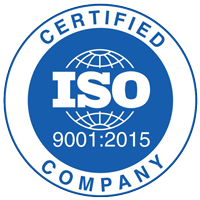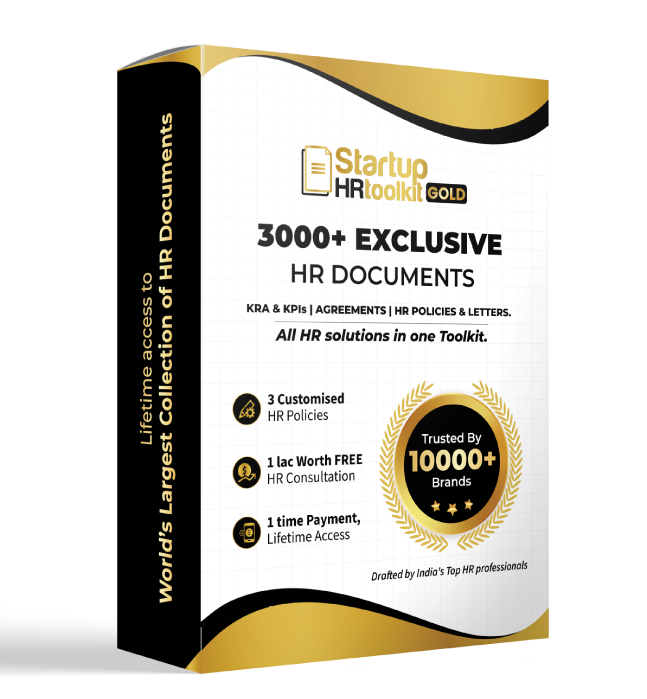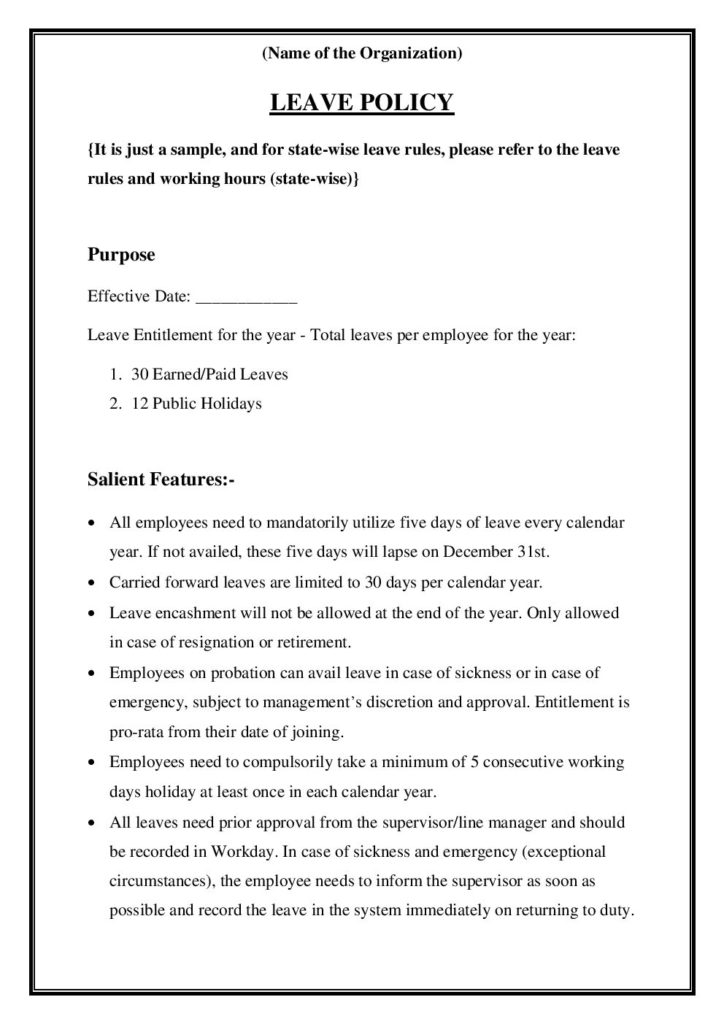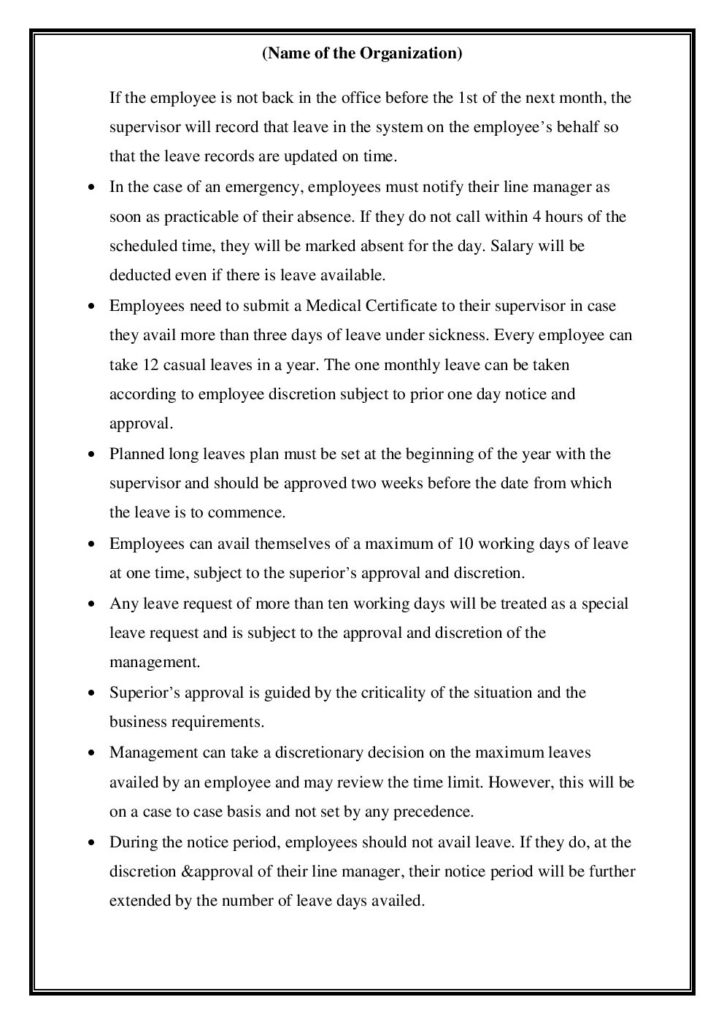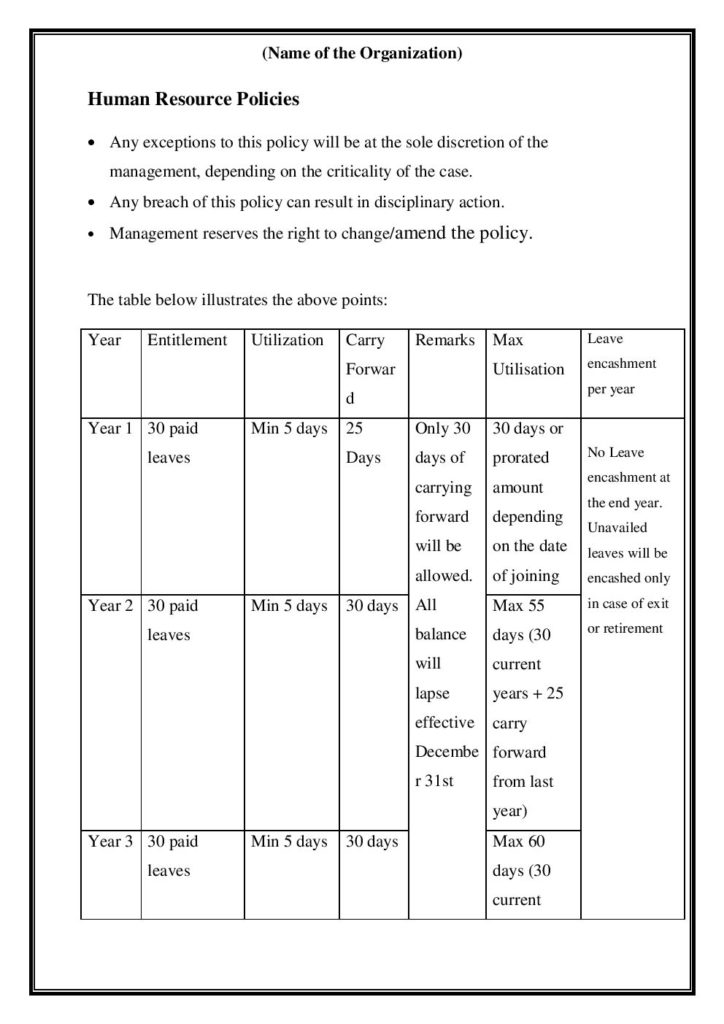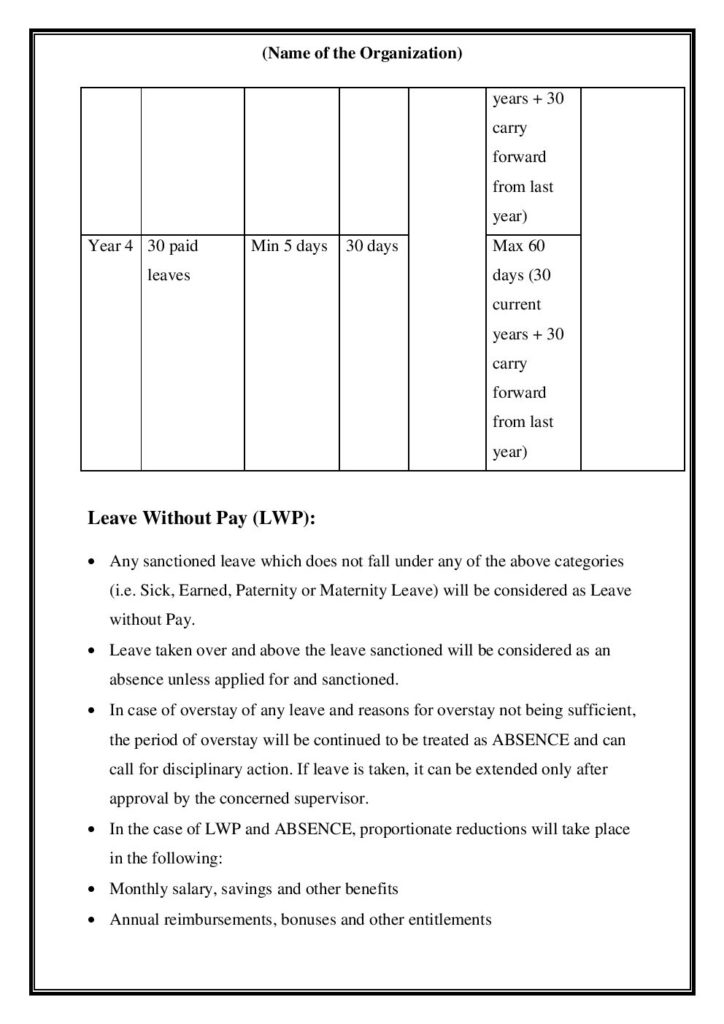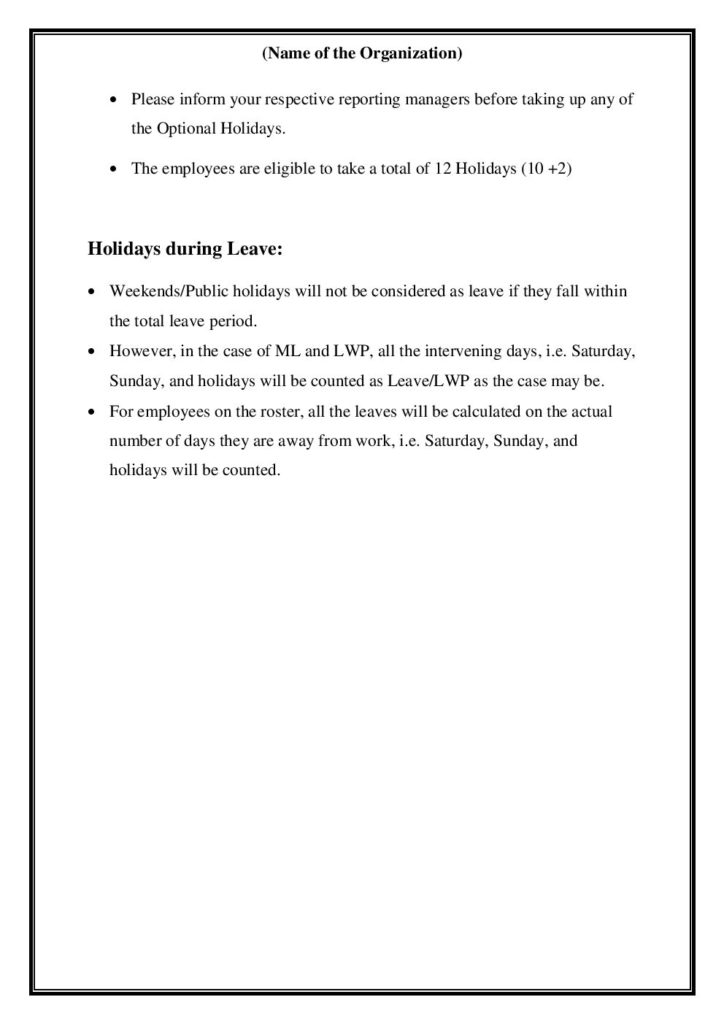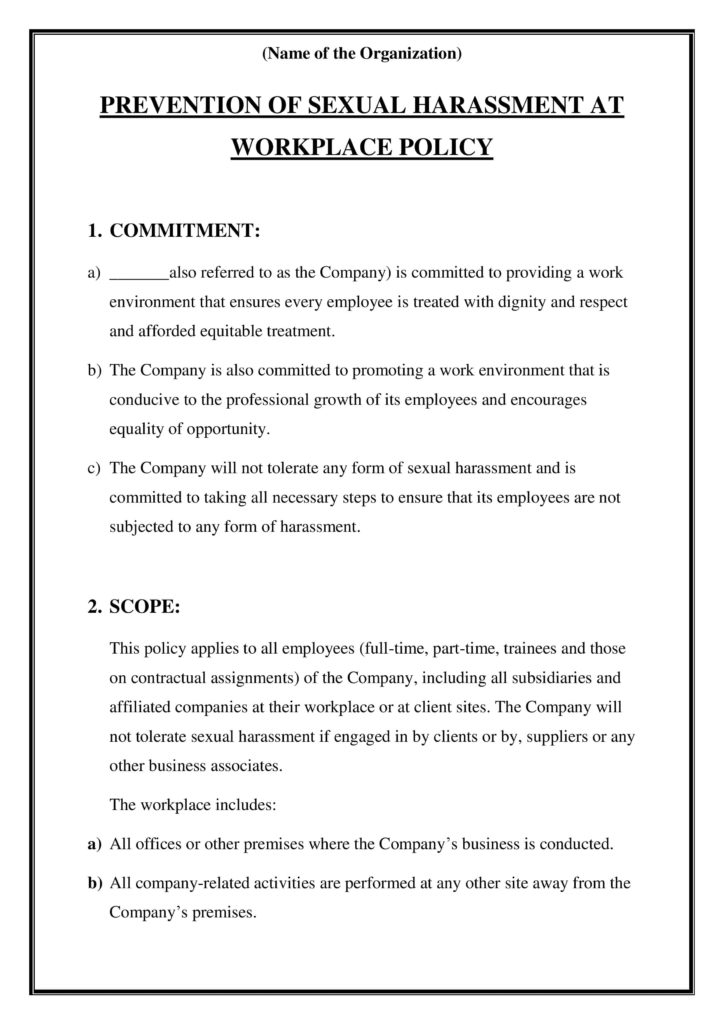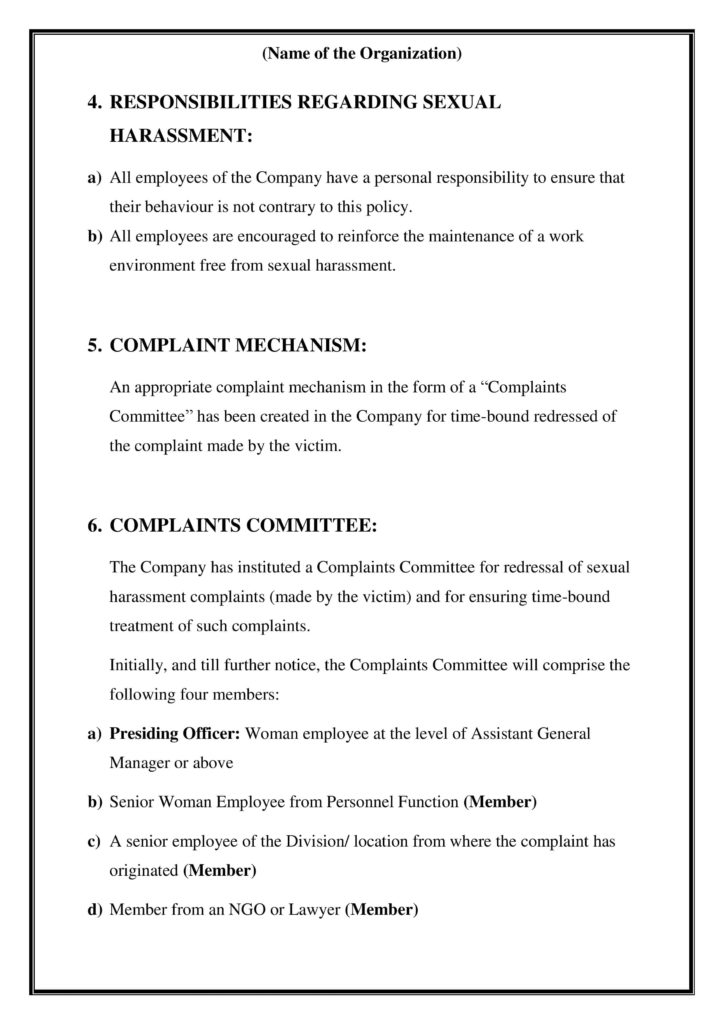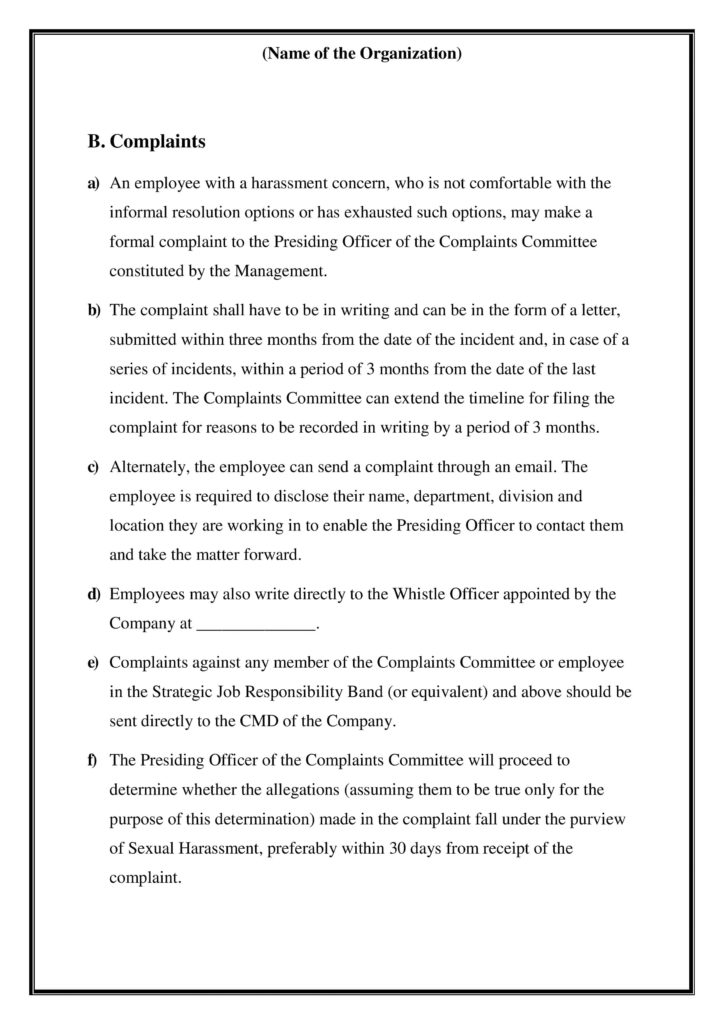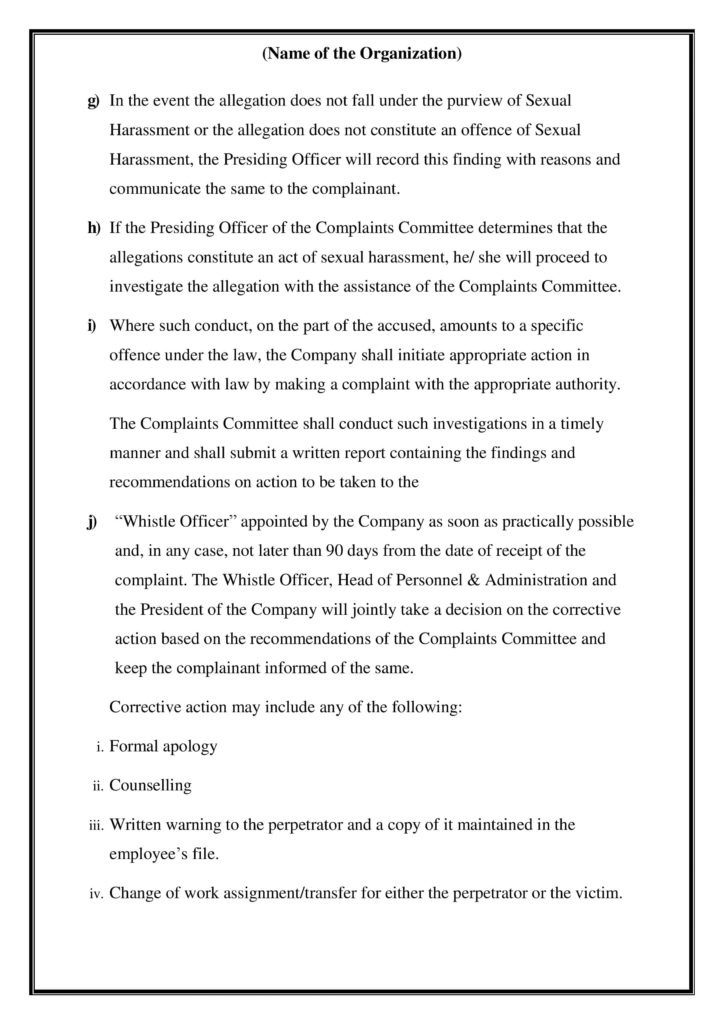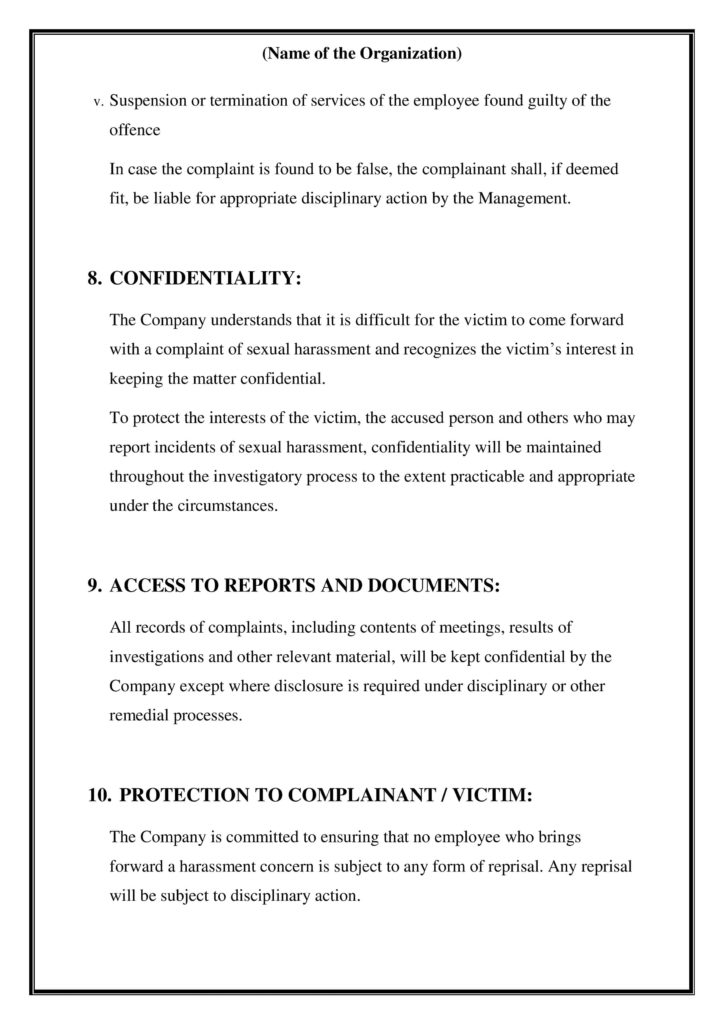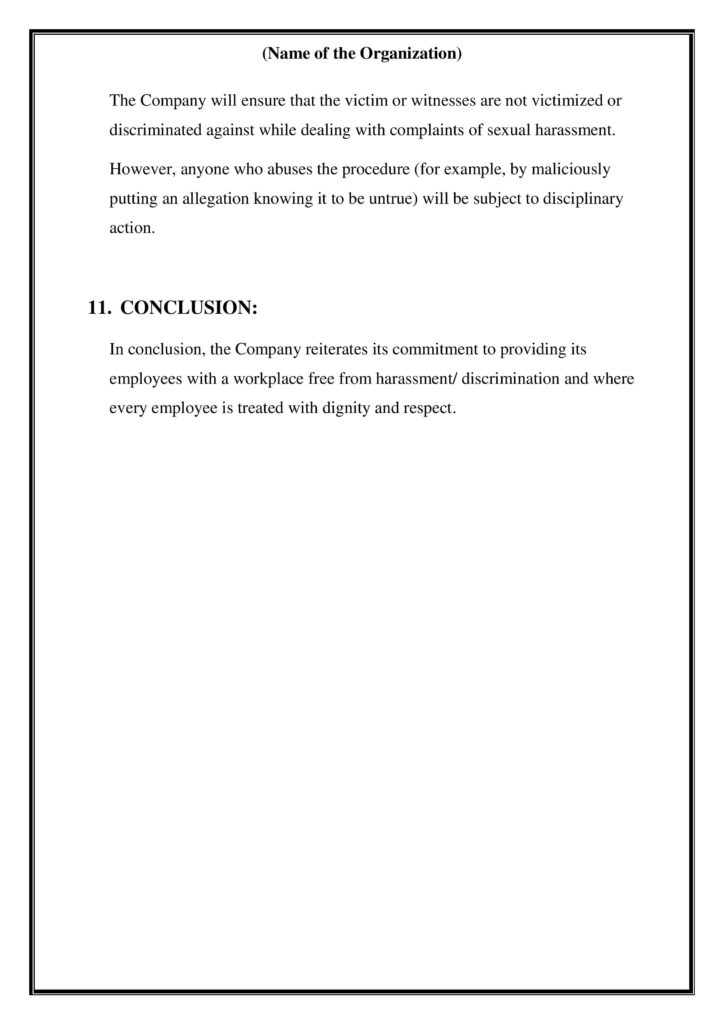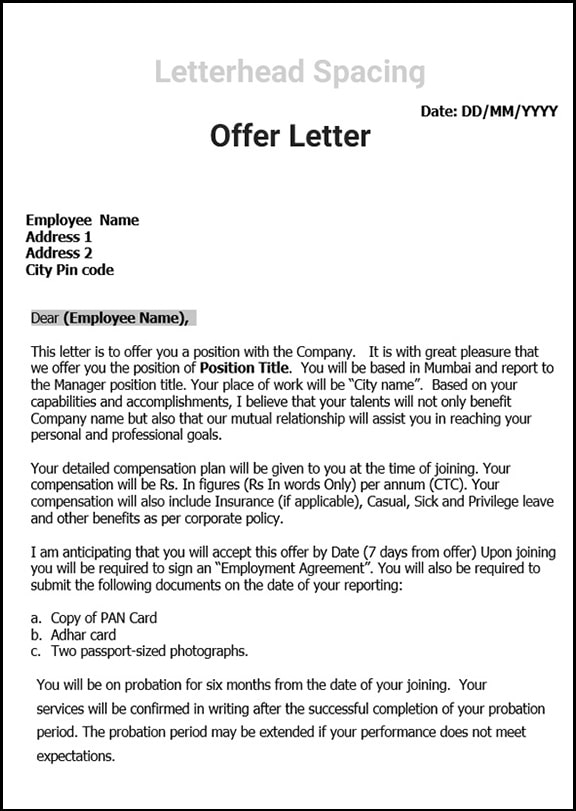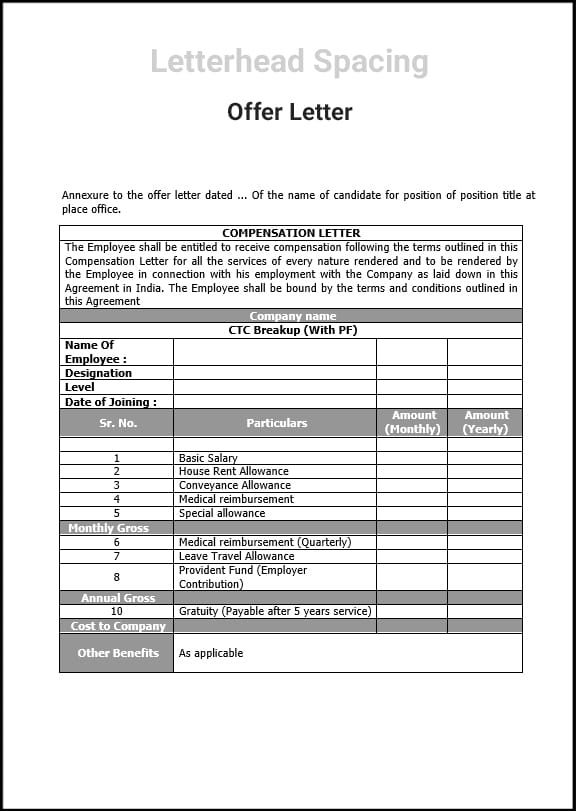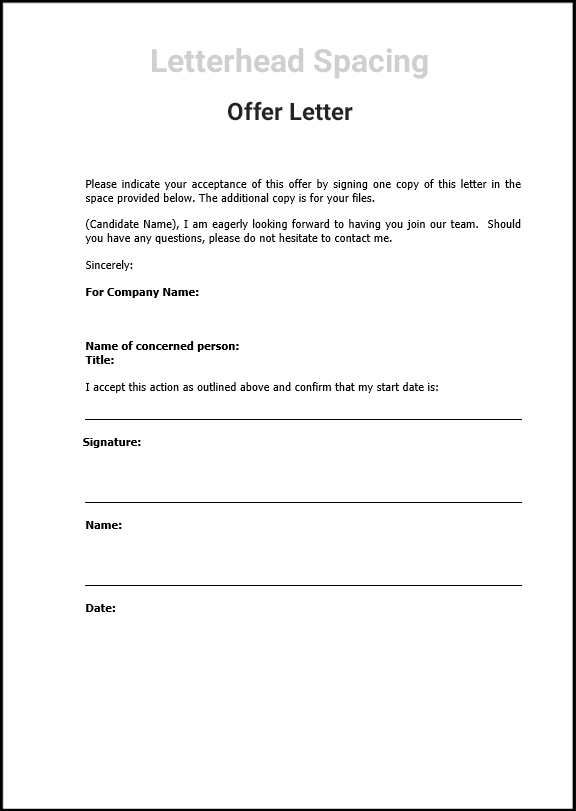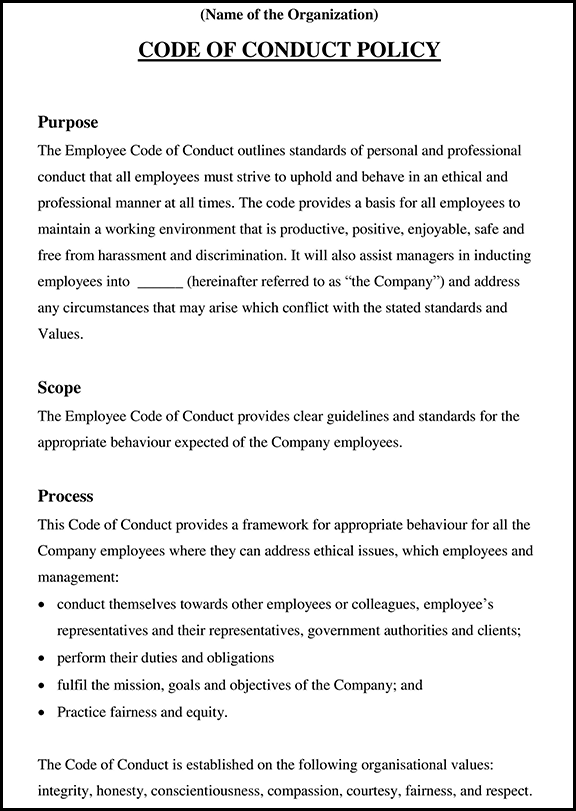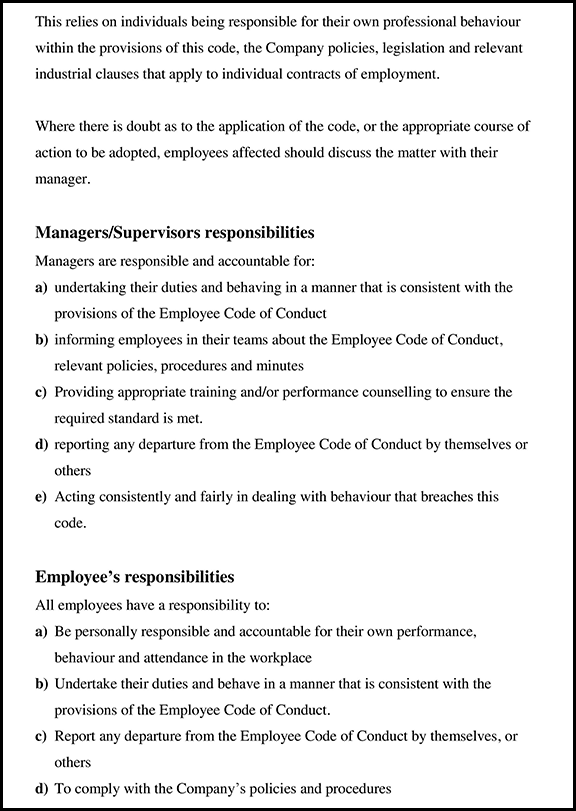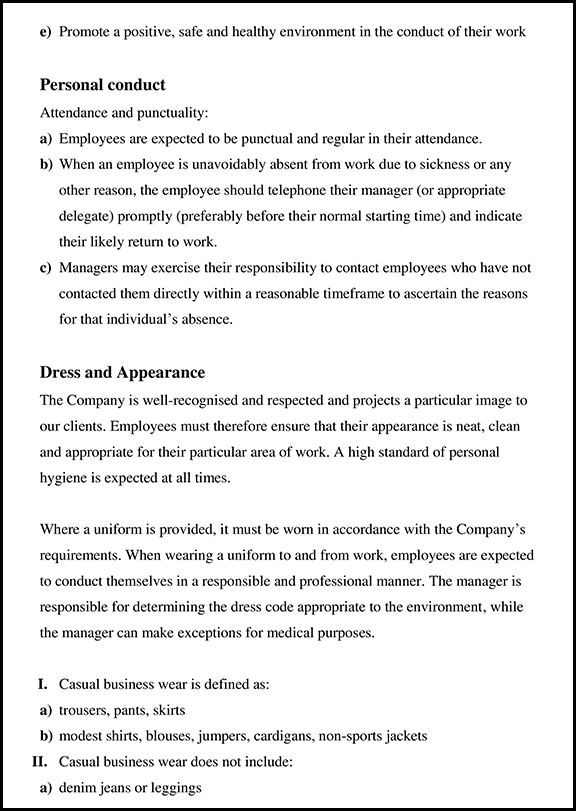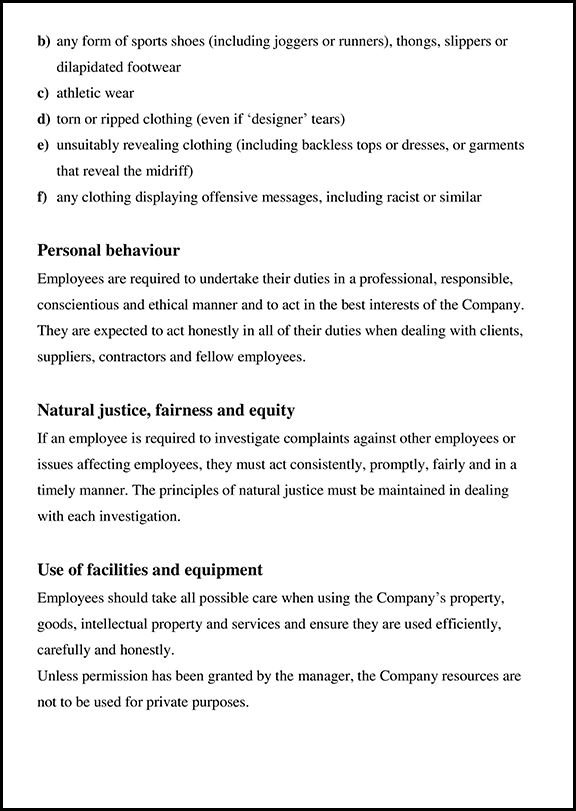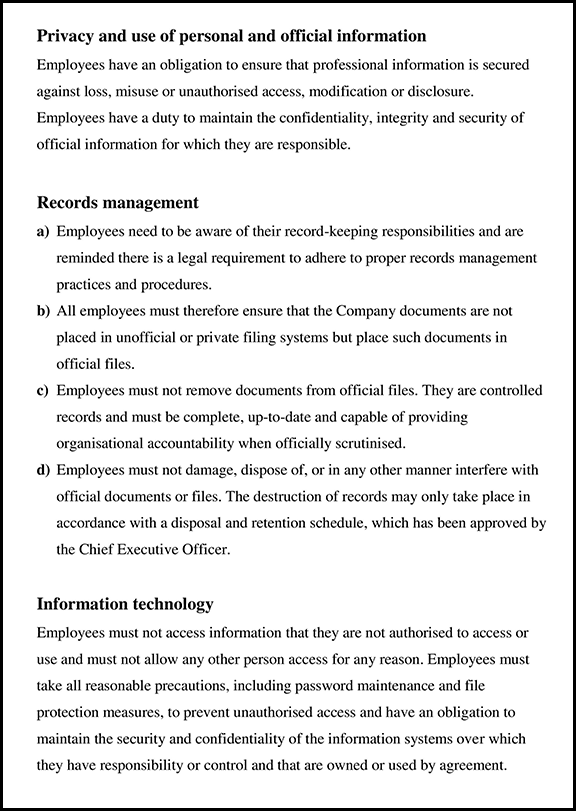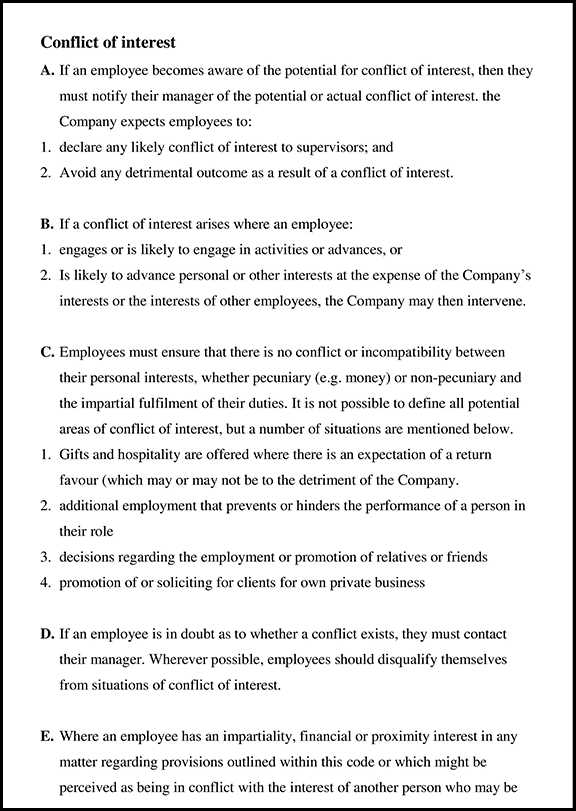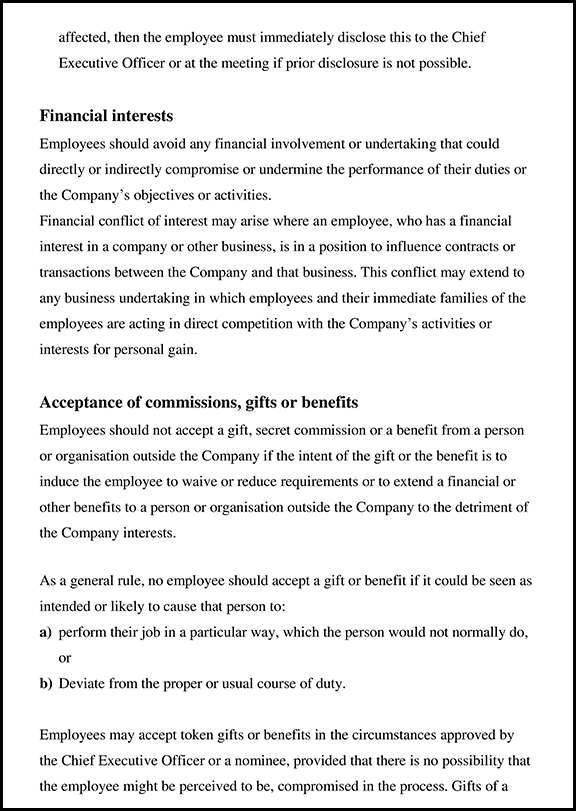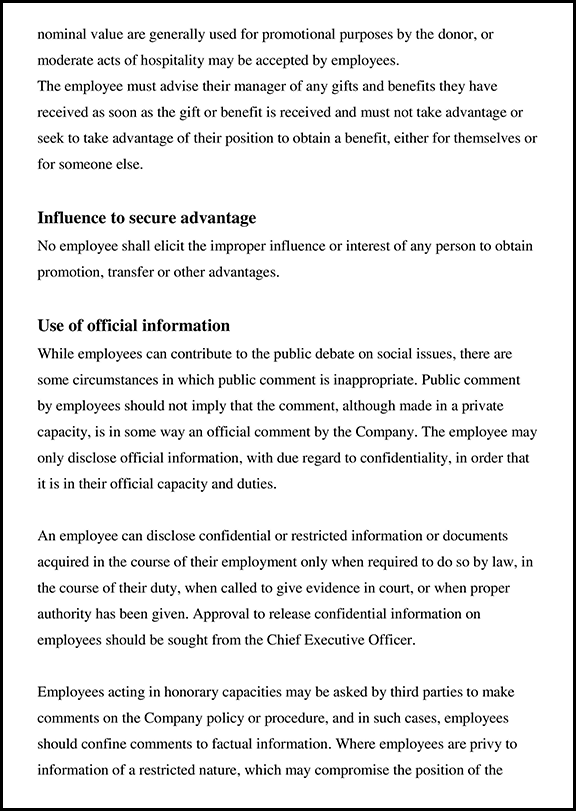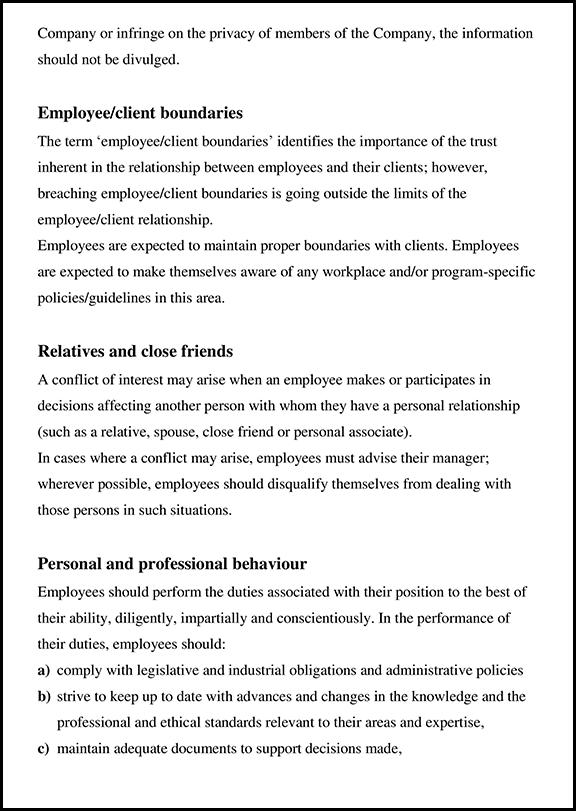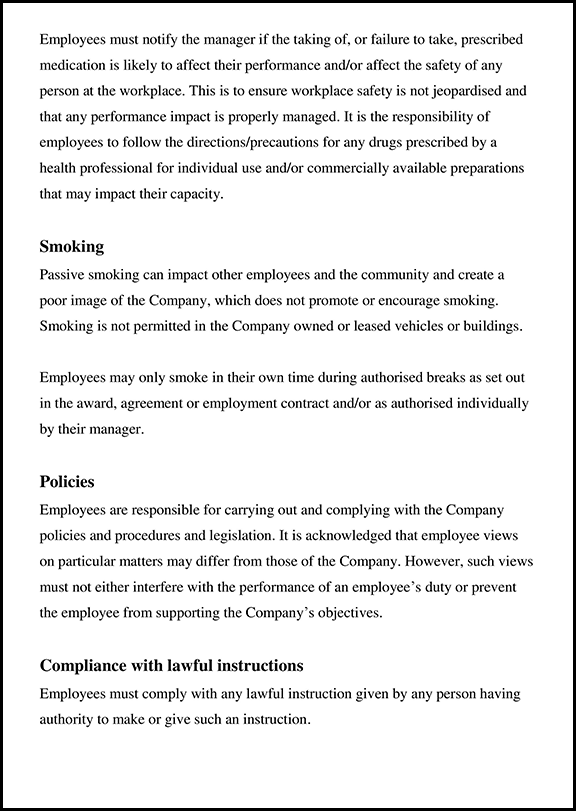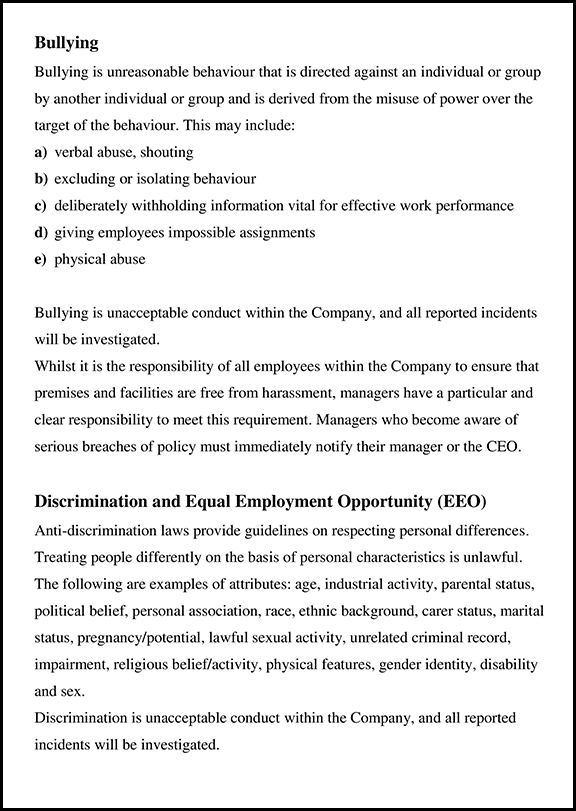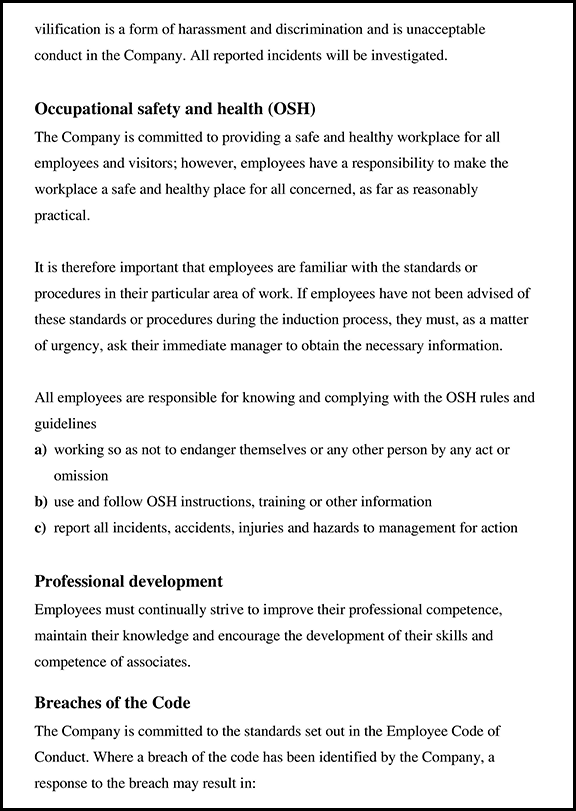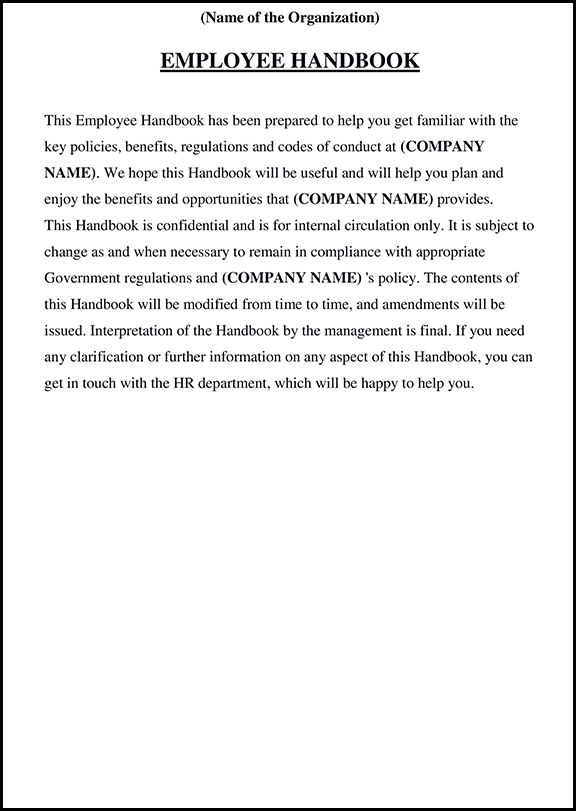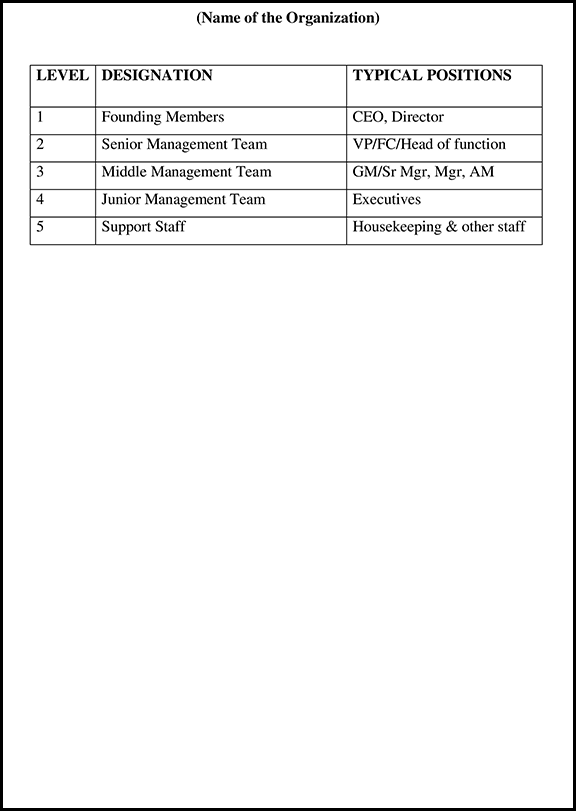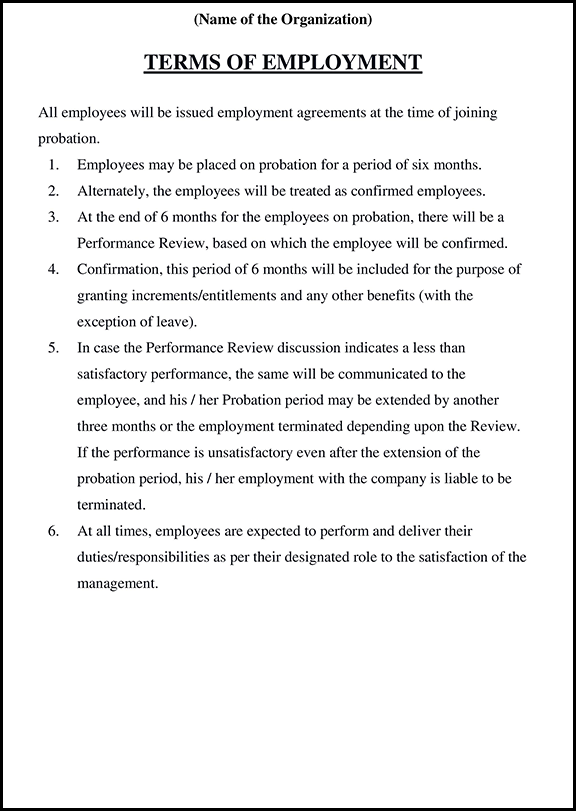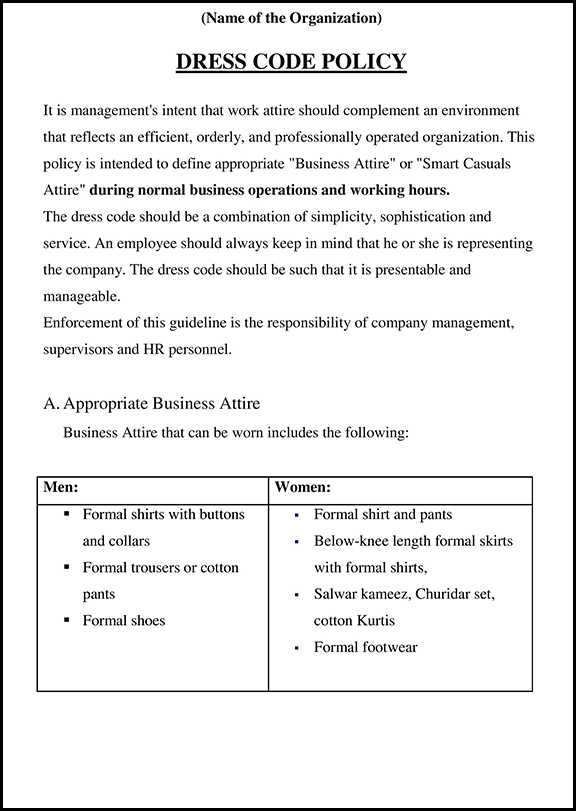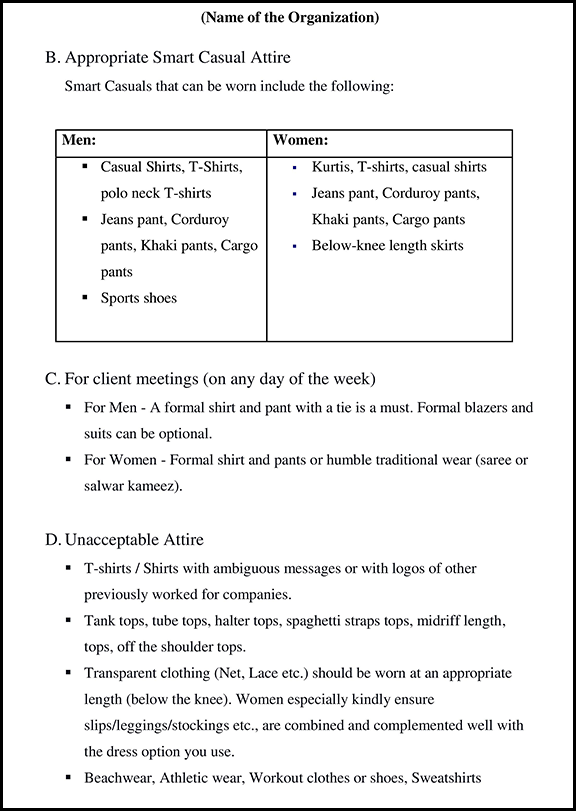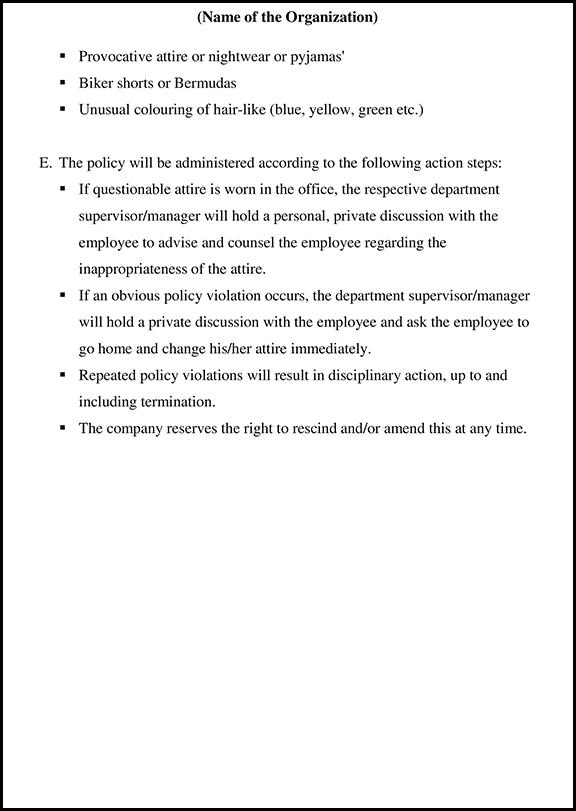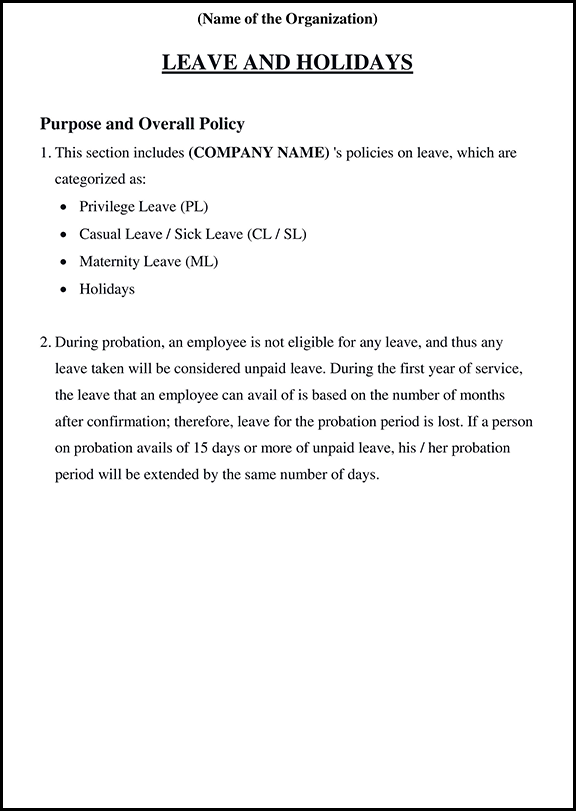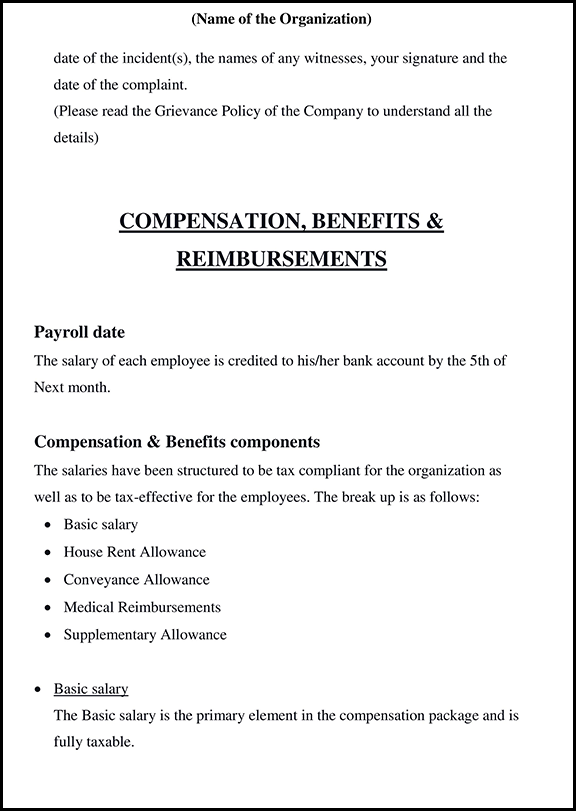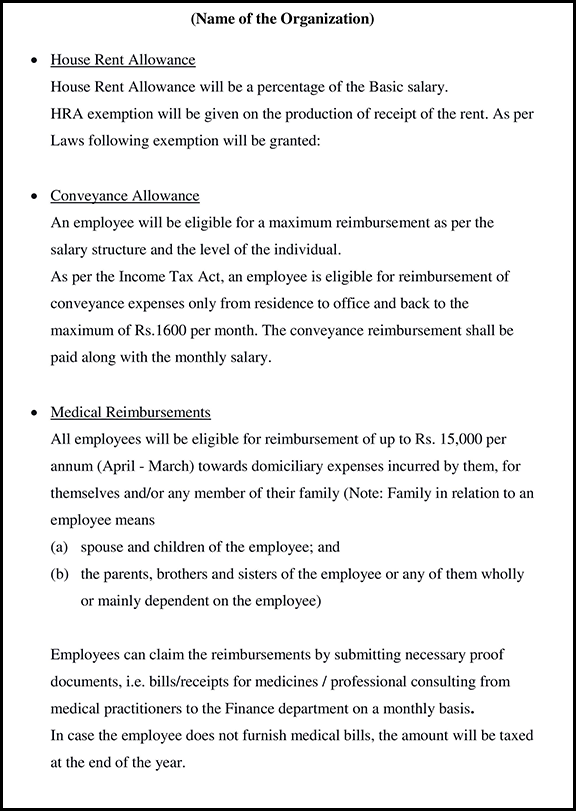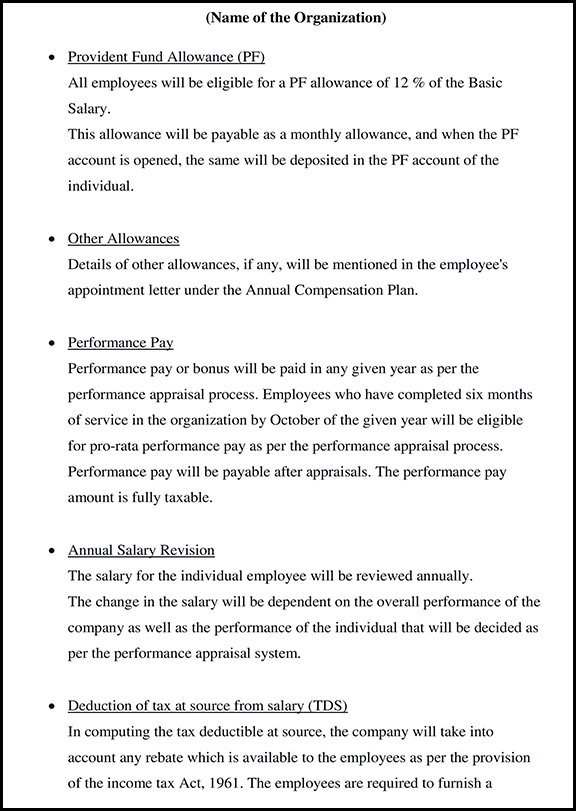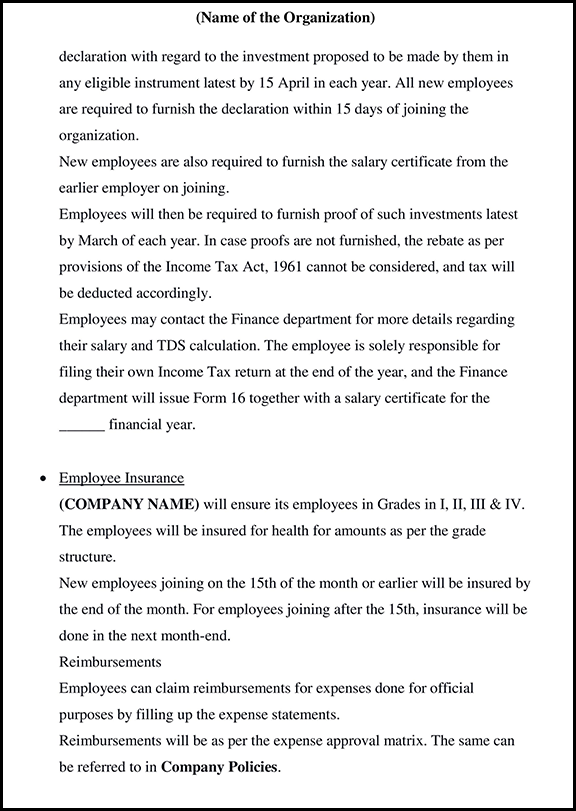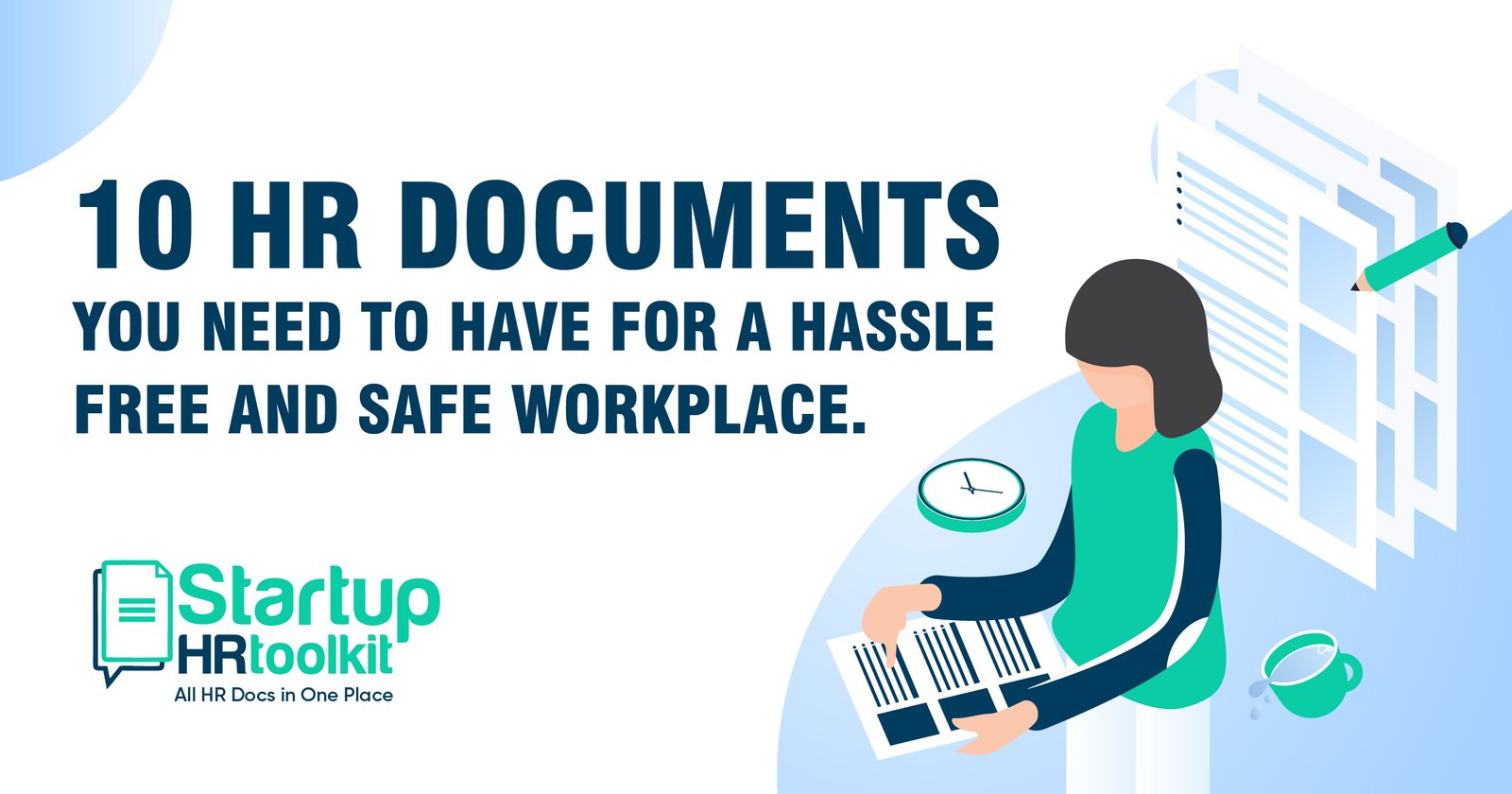
10 HR Documents You Need To Have For a Hassle Free and Safe Workplace
Ever wondered why documents are so important for any business?? They act as proof of records of all the official activities of the company. HR Documents are vital to record all the transactions, activities, and events related to the organization. You need to have all the Important HR Documents to make sure that your business administration is smooth and the Internal Control System is strong. Make sure you get these documents
Let’s face it, the documentation process is not the most amazing but it is a very vital part of every business. Recording employment information is very important these days. These Important HR documents play a vital role in the administration of any business.
In today’s dynamic business world you need to file and archive official documents. These HR documents will be handy in the future or in unforeseen circumstances.
Important HR documents need to be maintained with the utmost care because they act as a “proof” of important activities and events. The foundation of a successful organization is an efficient documentation process and maintenance.
Why are Human Resource Documents Important?
An HR professional will tell you about the significance of good documentation. Very regularly managers come to the Human Resources Dept. with plans to fire an employee or make other disciplinary moves with no supporting documentation.
HR documentation is significant for many reasons. Documentation legitimizes work activities, from enrollment, resignation, and retirement or termination. Development and Compensation are portions of employee documentation. Keeping up precise and complete documentation bolsters HR goals, for example, planning succession and promotion. HR documentation, when arranged cautiously, secretly and as per organizational policies, is the foundation of an HR office. Important HR documents are not only vital for the HR Department but also for the business as a whole.
Types of Documentation
There are many types of Important HR documents that form a vital part of the documentation process.
Policies, Procedures, Performance Management, and Statutory Documents form the core of Important HR documents. These are important to outline the expected employee behavior and workplace standards that need to be maintained orderly in which the employees know what is expected of them.
These documents contain records in written format. It includes permanent records like employment contracts, recruitment-related documents such as Job Descriptions, Resumes, Background checks, Company Policies, and much more. Documents may be formal as well as informal.
Informal records such as a manager’s record of discussions with an employee. Maintaining such informal pieces of documents is as important as maintaining formal documents.
Formal documentation has to be retained with care. These documents play an important role regardless of whether they’re related to administrative issues or legal issues.
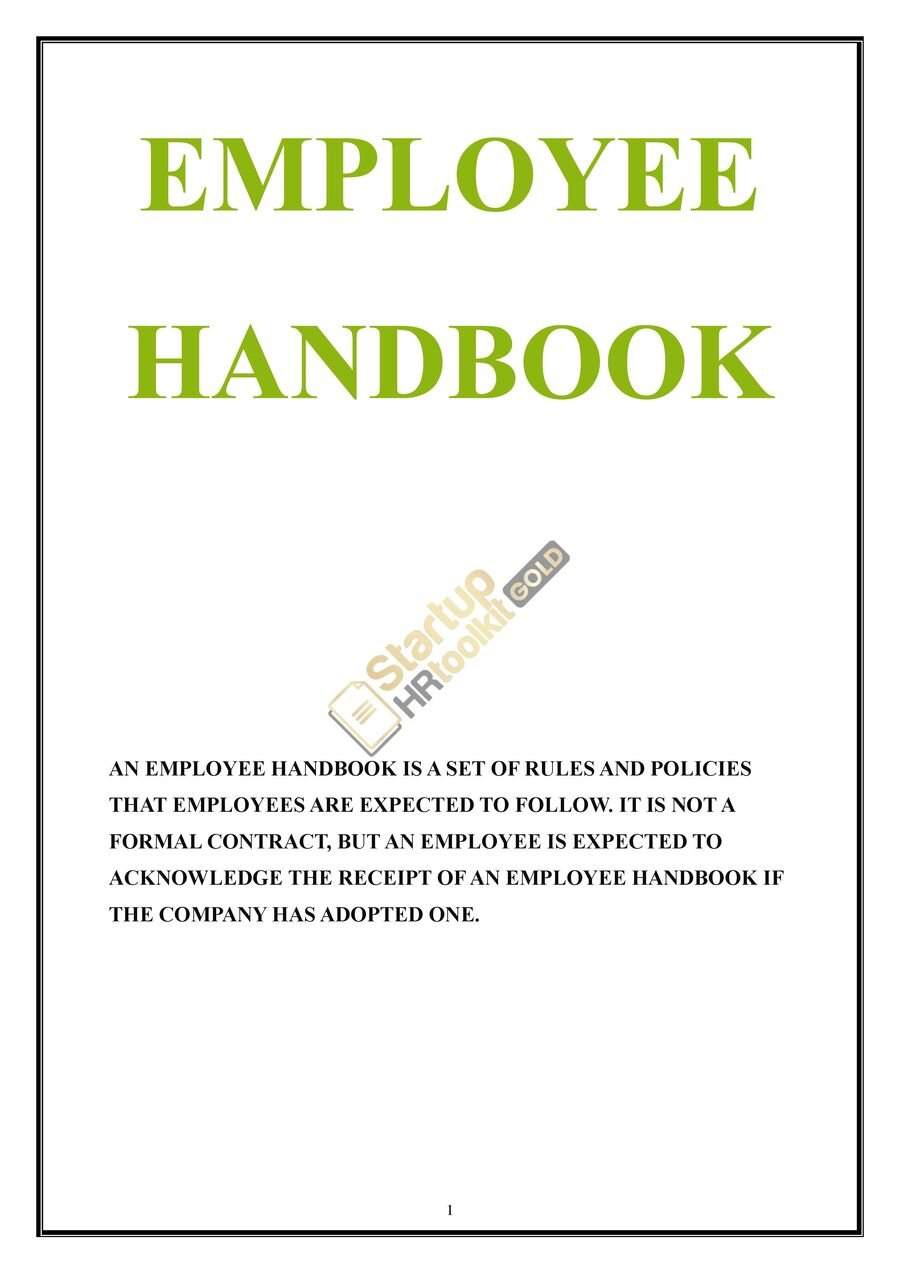
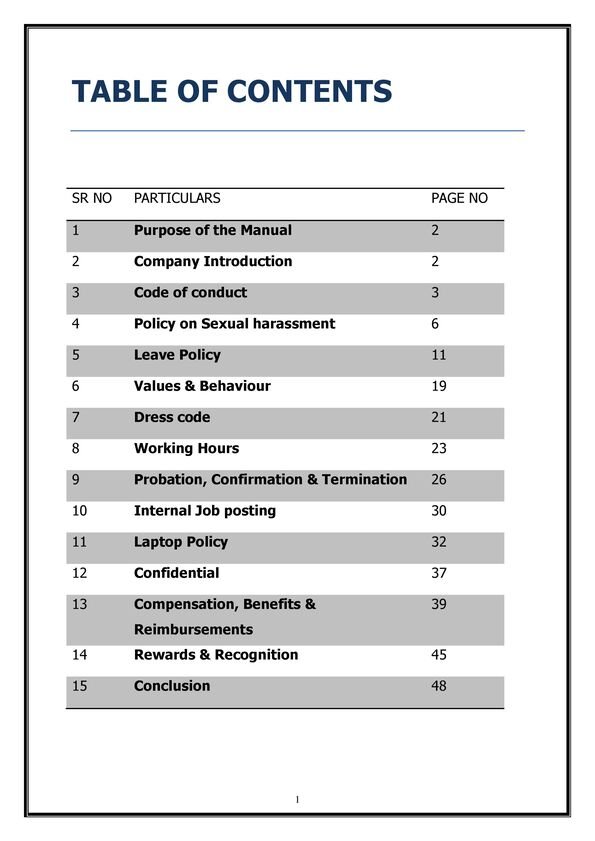
Download HR Documents.
→ Editable in MS Word & Google Docs
→ Full Version
→ Created by India’s Top HR Experts
→ Used by HR professionals at Dream11, Razorpay, Mamaerath & more
Rs. 999 Rs. 499
Why Businesses need proper Documentation?
HR documents play a very important role when it comes to the documentation process of an organization. It acts as proof or evidence of the activities related to the business. Documentation of such events, whether positive or negative, has to be maintained because they may come handy in the future.
Below is the list of Important HR documents that every business should have.
1. Job Descriptions
A Job Description gives both the business and the employee a clear idea of the necessities of a specific Job. The JD templates outlines every one of the obligations and duties that are related to a specific job role. It likewise gives a sign of the sorts of abilities that are required to efficiently carry out that specific work. For the most part, a nitty-gritty JD will comprise of all the significant information of any specific employment like Job Role, Job Title, Responsibilities, Job Summary, and so on.
2. Employment Contract
An Employment contract is a written proof of the professional relationship between an employer and an employee. The document is explicit to an employee or to a whole organization. An employment contract can totally negate voluntarily work, which makes it a helpful document for luring new employees.
It is a signed piece of document that acts as proof of the agreement between an employer and an employee. The employment contract states the rights & responsibilities of both parties.
3. Recruitment Process Documents
The selection procedure has many steps, for example, screening, interviewing, meeting, selection, induction, and onboarding. A hiring specialist plays out every one of these procedures to choose a qualified candidate the shortlisted ones.
All these processes need to be recorded in official documents to keep a track of how and where the process is heading.
The following documents are vital when it comes to the recruitment process,
- Offer Letter
- Manpower Requisition
- Job Description
- Employment Agreement and contract
- Recruitment Tracker
- Candidate Evaluation Form
- Reference Check Guide
4. Performance Appraisal Documents
A Performance Appraisal Document helps in performance management and measurement for both parties.
A strong performance management system is based on the simple concept of SMART goals (Specific. Measurable. Attainable. Relevant. Time-based)
Also, the feedback exercise can help an organization in the basic future decision-making process. For the board, input from an employee can prompt upgrades in procedures and the management style.
Creating a standardized and a uniform format to define performance and in setting goals across various levels of employees.
Following are some of the Performance appraisal document examples,
- Performance Management Process
- Performance Review
- Performance Improvement Plan
- Performance Appraisal Letter
- Performance Warning Letter
- KRA
5. Employee Handbook
An employee handbook consists of all the procedures, policies, authority & responsibility, and expectations from a certain employee who is carrying out a specific job in the organization.
It is one of the important HR documents as it contains businesses’ administrative procedures. Generally, it is handed over to an employee on the first day of employment. The employee handbook is utilized by employers to outline important policies of the company and to protect the roles and responsibilities of both the employer and the employee.
An employee handbook contains legal information like employment policies, anti-harassment policies, as well as the expected level of safety for employees in the organization.
An employee handbook forms a very important part of the employee policies of a company.

6. Employee Compensation Documents
An employee compensation package consists of cash and kind payments that an employer gives to an employee in exchange for the service provided by the employee.
Businesses require manpower. Manpower must be compensated, and compensation must be right, leaving no room for errors or complaints. The employee compensation documents form a part of the Important HR documents of any organization.
The employee compensation module contains the following documents,
- Salary Structure
- Components of the Compensation package
- Bonus Calculation
- Increment Calculation
- TDS Calculation
- Salary Slips
- ITR Declaration
7. Statutory Documents
For a business to run proficiently and comply with the statutory requirements, it is vital to keep up specific records and registers. Maintaining such records and registers are significant for satisfying the statutory disclosure purposes. Keeping up such records helps in guaranteeing that the activities of the business are systematic.
The following are essential statutory documents that need to be maintained by an organization,
- PF, ESIC, and MWLF
- ESIC New Wage Ceiling
- Wage Ceiling Under EPF Act
- Payment of Gratuity Act
- Professional Tax
- Statutory Forms
- Rules for Statutory Deductions Exemptions Perquisites-Payroll
8. Onboarding Procedure
Employee Onboarding is nothing but making the new employees understand things related to the organization and welcoming them onboard. Helping new employees integrate into the company and its culture is the main objective of Employee Onboarding.
The onboarding process is a strategic one so that the employee feels like a part of the organization, this helps in improving the efficiency of performance of the new employee and the organization as a whole.
The onboarding procedure needs a lot of important HR documents for the efficient onboarding process, here are some of the docs related to employee onboarding,
- Onboarding Checklist
- Employee Induction
- New Employee Announcement Email
- Employee Welcome Email
- New Hire Checklist
- Job Offer Email
- Company Policies Checklist for New Hires
- Welcoming New Employees
- Appointment Letter
9. Employee Management & Recordkeeping
Your HR Dept. has to look after all the documentation requirements of your employees. They have to track and record all the relative data about the employee of the organization. HR has to keep track of all the records and reports of the employee throughout their time in the organization.
Here’s a list of all the employee management and recordkeeping documents,
- Employee Master File
- Acceptance of Employee Apology All Purpose
- Admin Manual
- Stationary Request template
- Warning Notice for Attendance Issues
- Warning Notice for Behaviour Issues
- Warning Notice for General Behaviour Issues
- Warning Notice for Performance Issues
- Warning Notice for Misbehaviour on Specific Date-Occasion
- Job Suspension during Misconduct Investigation
- Post Probation Increment Certificate
- Ad-hoc Designation Change Certificate
- Ad-hoc Increment Certificate
- Appraisal Certificate with Increment and Promotion
- Appraisal Certificate with Promotion without Increment
- Experience or Relieving letter with praise
- Experience or Relieving letter
- Full-n-Final Settlement with Confirmation
- Internship Experience Certificate with Praise
- Internship Experience Certificate
- Lay-off due to CO-BU-Dept Shutdown
- Final Warning Notice for Attendance Issues
- Final Warning Notice for Behaviour Issues
- Final Warning Notice for Performance Issues
- Relieving Letter after Resignation
- Resignation Acceptance General Key Employee
- Resignation Acceptance General
- Resignation Withdrawal for Growth Prospects
- Resignation Withdrawal for Role Change
10. Exit Process
An employee may a company for various reasons, ranging from not fitting into the work culture to getting a better opportunity elsewhere. In some cases, they could be terminated due to poor performance. In either case, an employer has to follow a specific procedure as given in the exit process of the company to ensure a smooth process for both the employer and the employee.
Following are Important HR documents when it comes to the exit process,
- Leaving Formalities
- Relieving Letter
- Exit Interview
- Clearance Form
- Full & Final Settlement
–
All the Important HR documents have various uses in one or the other way. It may be important either administratively or legally. The list above consists of the most commonly used policies, procedures, and documents. The importance of these documents may vary from business to business as every business is different in its own way.
Join a Community of 1,00,000+ HR Professionals



